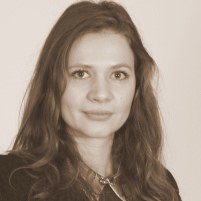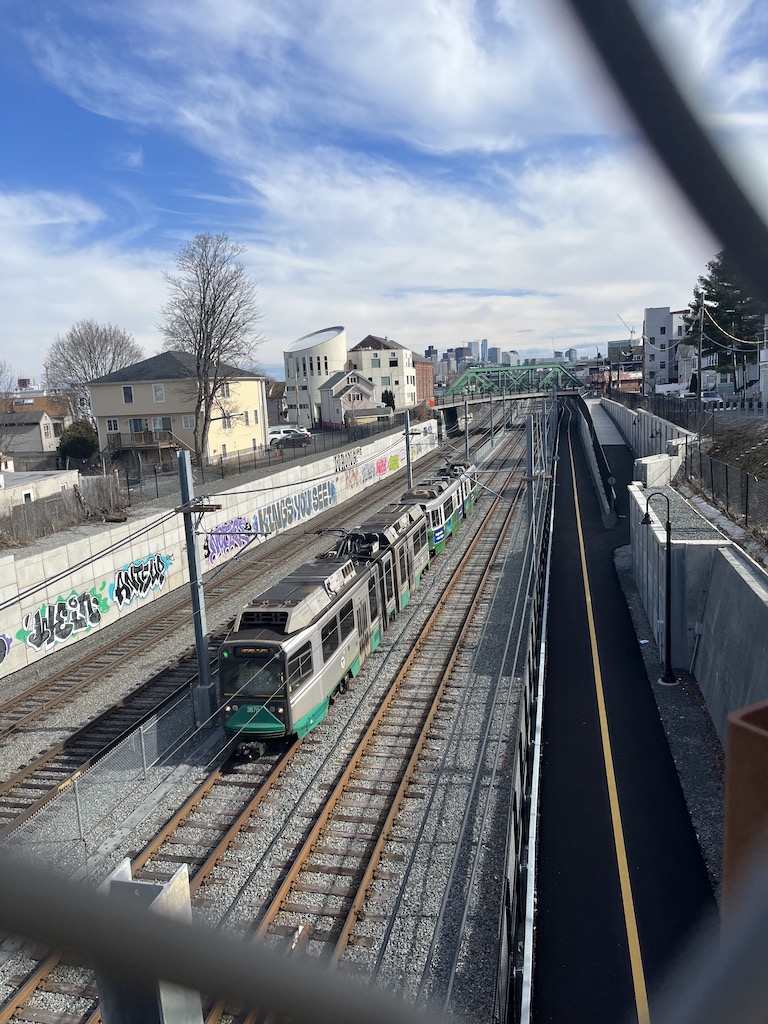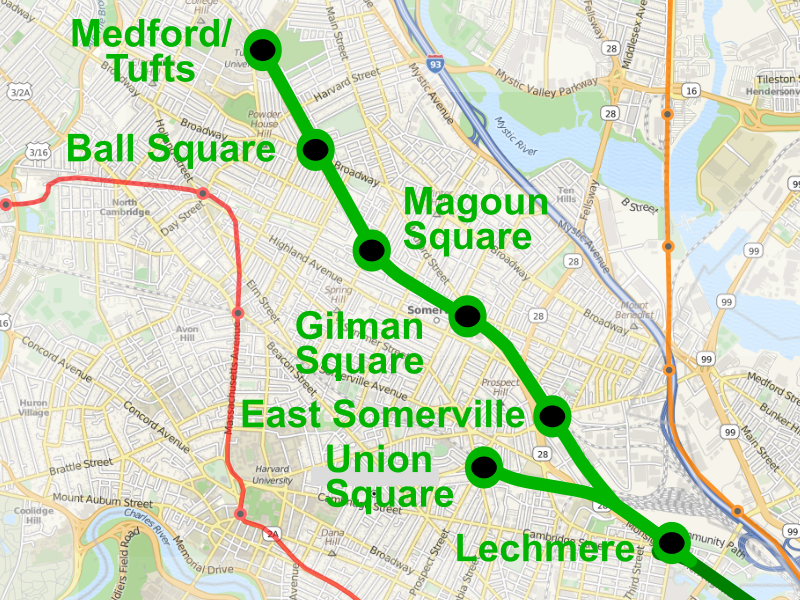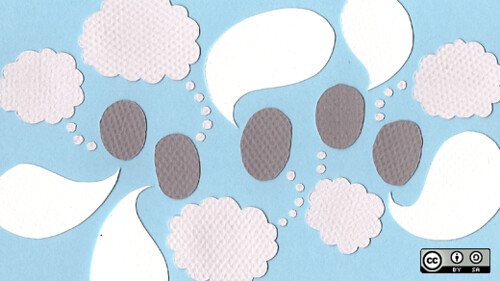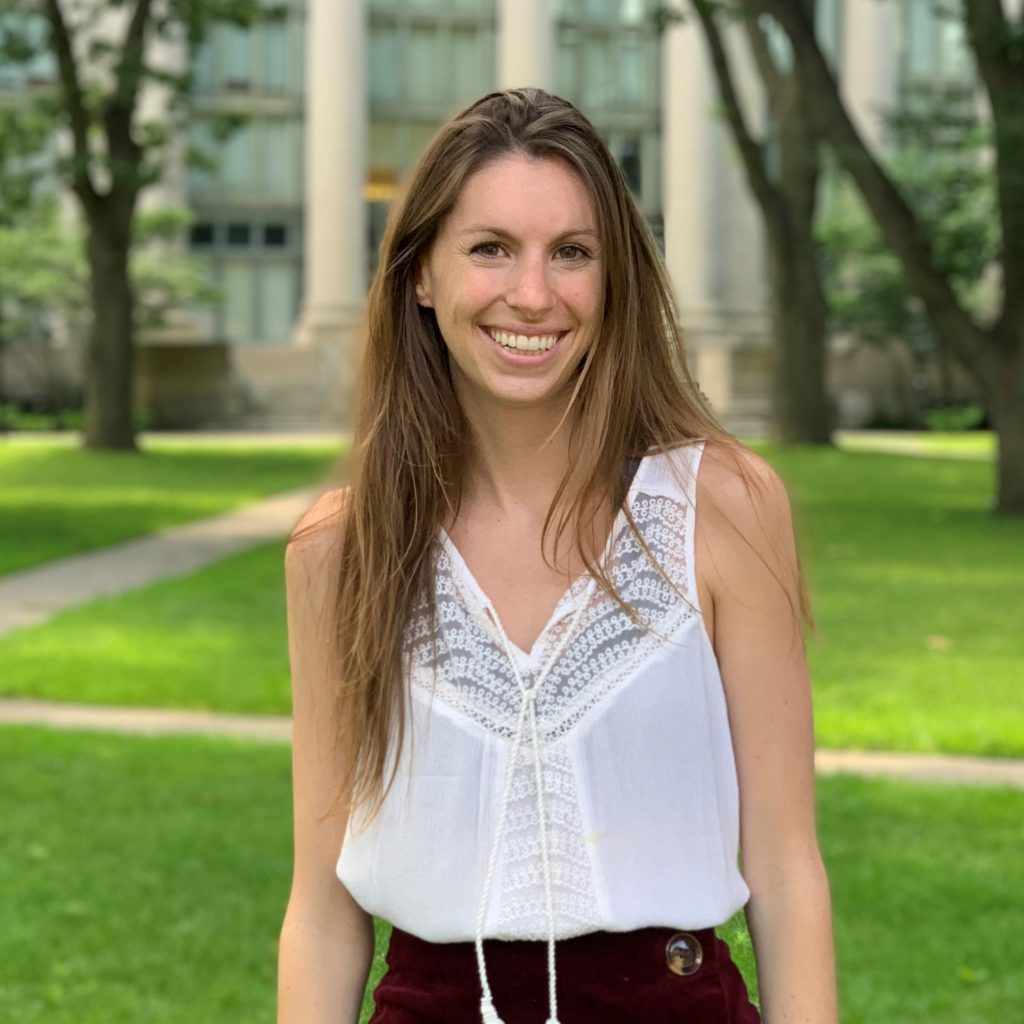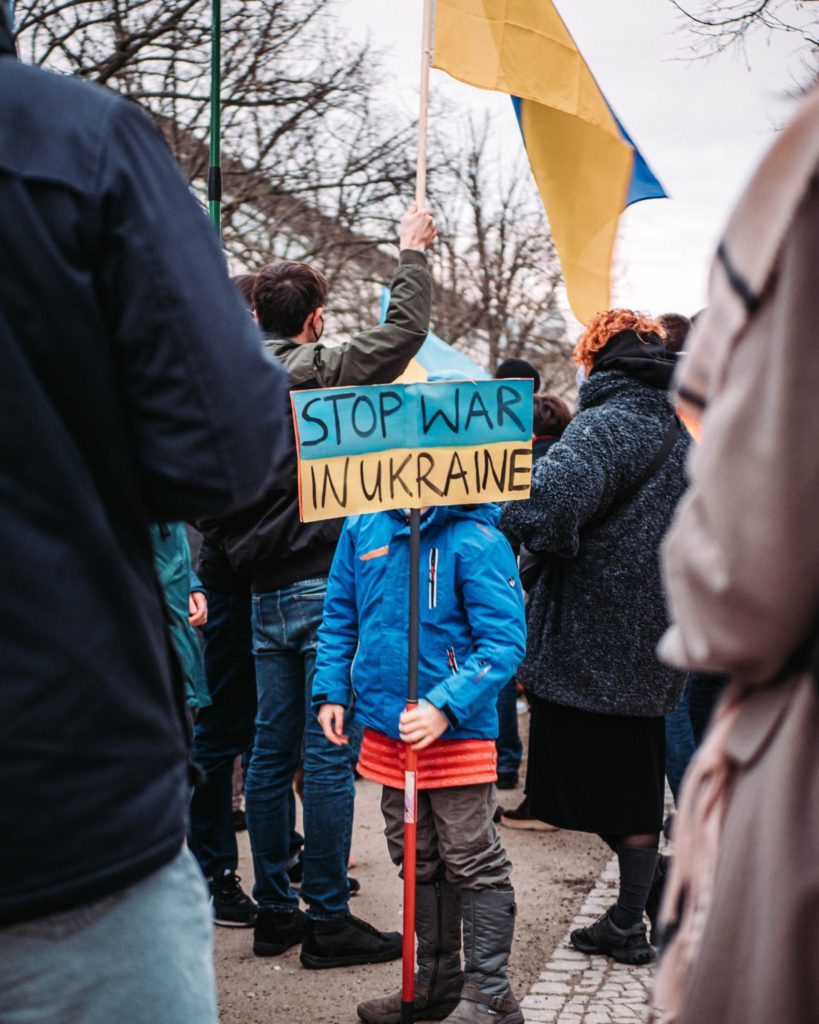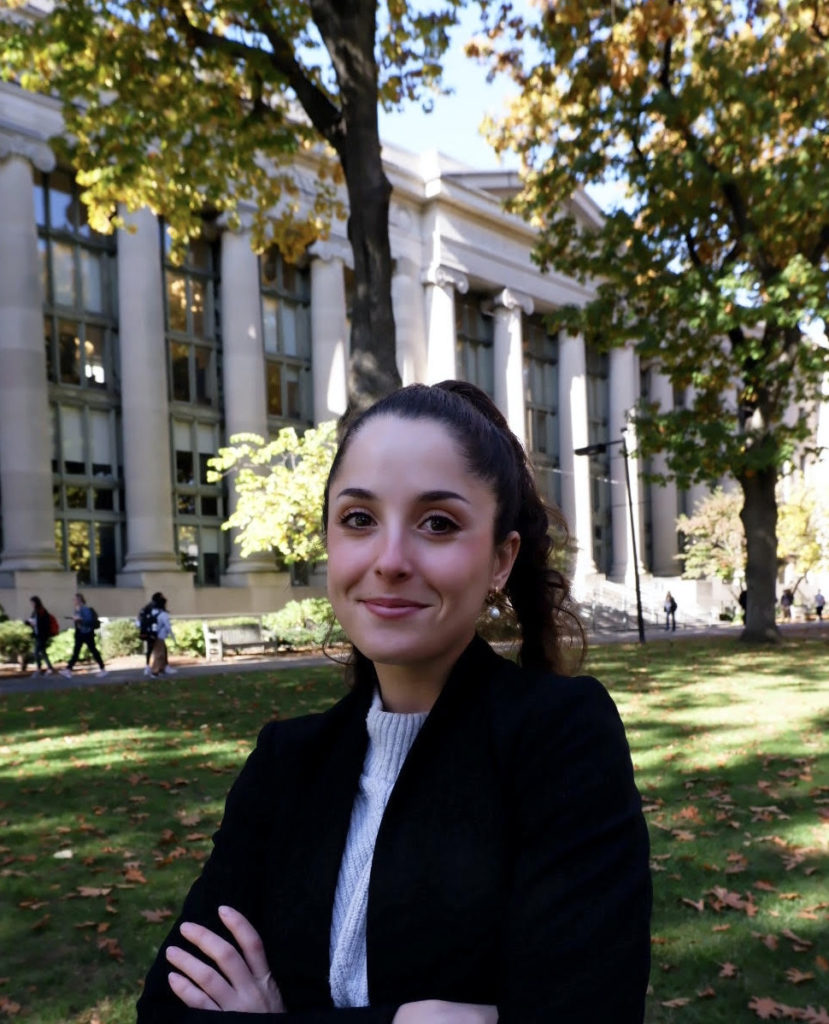By Helen Winter
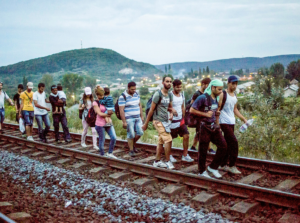
*All names in this piece have been changed to protect confidentiality
The first time that Ahmad was discriminated against at his local job center in Berlin, the official working there called him a “donkey.” The second time, the same official told him he should have his “brain checked out.” The third time, Ahmad was denied information before being thrown out of the office. After the sixth time, Ahmad stopped going to the job center. Instead, he withdrew into his room, stayed inside and disengaged with anyone from the outside world.
Ahmad is a 26-year-old man from Syria whom I have met through my work in dispute resolution at refugee centers in Berlin, Germany. He is one of the 1.2 million refugees that have arrived in Germany in 2015 and 2016 alone, from Syria, Afghanistan, the Balkans and other countries, fleeing from war, violence and persecution. By now, Germany has become ninth in countries hosting the most refugees during the process globally known as the “refugee crisis.” This surge has led to increasing conflict within Germany as refugees and locals struggle with accepting and working with one another. Ahmad’s account of intercultural conflict and the subsequent aggravation of his psychological trauma is a classic example of the many stories that I have heard since October 2017, when I co-founded R3SOLUTE, a non-profit organization that seeks to empower refugees through means of peer mediation and mental health awareness workshops. Through my work, I have found that story-sharing sessions are powerful tools to address many of the unmet needs of refugees.
The Unmet Needs of Displaced People
Multiple factors need to be taken into account when refugees settle into their new home country and begin their new lives:
- The majority of refugees have already had traumatic experiences involving violence, warfare, and detention upon arrival in Europe.
- Contact between German citizens and refugees is highly limited, and of the few interactions that do take place, some involve racist incidents.
- Conflict inevitably arises within refugee communities. Refugees typically live in overcrowded shelters, which lack space and privacy. Moreover, many refugee homes are placed in the far outskirts of cities, where boredom, isolation, and despair can breed anger.
- Socio-economic isolation within society as a whole (as a result of limited resources and chronic unemployment) cause further psychological harm. Refugees often feel powerless and helpless, further hobbled by their lack of language skills and unfamiliarity with Germany.
Ahmad’s needs might have included: space to process painful memories (which often require medical treatment), ways to gain comfort in an unfamiliar and seemingly hostile environment, and skills for handling situations in which he is treated unfairly (insulted or confronted with racism). Above all, Ahmad may have need to be heard, understood, and respected by his community – in short, to be seen and acknowledged.
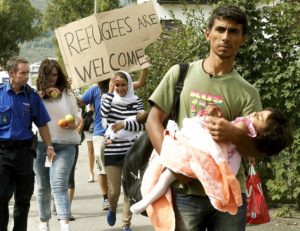 Existing Intercultural Work
Existing Intercultural Work
Various projects in Germany create a forum for refugees and locals to meet one another. Some projects are focused on teaching language, vocational or other skills. Some bring refugees and Germans together to live in shared homes or to engage in activities together such as sports, cooking, arts, crafts, theater and multimedia projects. Although the existing projects are helpful in establishing contacts between locals and refugees, they fail to acknowledge and address some of the needs outlined above. Few projects are dedicated to discussing painful memories and conflicts both within and outside of refugee shelters. Existing programs provide mostly momentary relief. Of course refugees often need language and vocational skills, as well as social interaction. But the underlying traumas and tensions of mass migration will persist even with strong language programs or coexistence initiatives. We also need to create safe settings, structured frameworks, and guidance from facilitators (ideally teams of facilitators that include refugees themselves) for refugees and Germans alike to share their honest experiences in exercises like story sharing, roleplays, and art work culminating in constructive dialogue. Dialogue work of this kind is about acknowledging each other’s struggles and dreams. This allows participants to open up about difficult topics like discrimination, racism, and cultural misunderstandings (topics for which there often is no space when the goal is immediate relief).
How Dialogue Can Work
In the spaces I create for story-sharing, I have witnessed a range in participants’ motivations to join our workshops. Many want to share their experiences coming to Germany, some want to learn about refugees, and others want to process a particular conflict. Given this heterogeneity, we typically start off with trust-building activities before transitioning to one-on-one story-sharing and then concluding with an opportunity for participants to share with the whole group if they so choose.
In one dialogue session, Mohamed spoke about how people have moved away from him on the bus and subway. “They think I am a terrorist,” he said, describing how it made him feel like an outcast who did not belong. Mohamed shared that he did not react at all; he simply felt increasingly sad, believing that he was unwanted in Germany. The group then discussed what might motivate someone to sit away from others on public transport, and how to respond to such behavior. They engaged with each other about the dangers of generalizations, and pointed out that this behavior is sadly ubiquitous in contexts all over the world. They brainstormed different ideas for how to react in similar situations in the future. Participants sympathized with one another, speaking of their own experiences and feelings of marginalization. Hearing about these experiences from others gave Mohamed a feeling of belonging. It helped him understand that he was not alone in feeling left out and that there were people, including Germans, who could empathize with and even sympathize with his views.
Storysharing of this kind challenges all of us to really listen to, respect, and appreciate people for who they are. In the room, with the right level of support and vulnerability, it is very hard for people to ignore the call to seek to understand one another. Moreover, sharing stories can help the storyteller to know how much their voice matters. Seeing that others care about our experiences gives us a sense of validity and dignity. This can be incredibly empowering, as we realize that we are not helpless and alone.
Anne, an elderly German lady, admitted her feelings of hatred when teaching German to a woman wearing a niqab in the local language café. Whenever she was talking to that particular woman, Anne confessed to feeling an inner aggression towards her, and could not imagine that this woman was wearing the niqab voluntarily. Given the atmosphere of trust that we had cultivated, I decided to do some assumption-testing, and explored her frustrations with her. Anne concluded: “I guess I am mostly angry at myself for having biases against her. I think this is mostly why I feel so aggressive towards her. Because actually my aggressions are directed against myself.”
This realization and acknowledgment of biases requires humility, and sharing it in a group requires vulnerability. But as Anne and Mohamed showed us, it can be done. Each of our participants have given me reason to believe that deep and honest engagement through conversation is possible, even though it may seem terrifying at the start.
Going Forward
Open dialogue is a rare commodity in contemporary society. Cultural barriers, prejudice, and social isolation are increasingly prevalent in today’s world, producing climates of ignorance, polarization, and alienation. We often do not understand others simply because we have never had a real conversation with them. We assume how someone feels based on how we feel in that very same moment. We put people into categories based on their looks or how they speak. To make matters worse, the “refugee crisis” in Germany has fundamentally divided our society. Story-sharing and dialogue work offer a way to overcome these divisions, by showing one another that the feeling of not being heard is mutual, as is the fear of the unfamiliar or the loss of our identity. By sharing what divides us, we can realize that the same fears and desires that drive us apart also connect us to those whom we most distrust.
I believe that we need more structured forums for dialogue across the country to prevent further polarization. It is impossible to quantify the palpable feelings of joy and connection a young Syrian boy brought to one of our dialogue groups when he showed his drawing of the German national soccer team winning the world cup (after Germany had already been eliminated from the tournament). There are relationships and moments that are currently outside of our imagination. When we create a structured, supportive, and enjoyable environment that is conducive to dialogue—even about some of the most difficult human experiences—entirely new possibilities for human connection can emerge.
